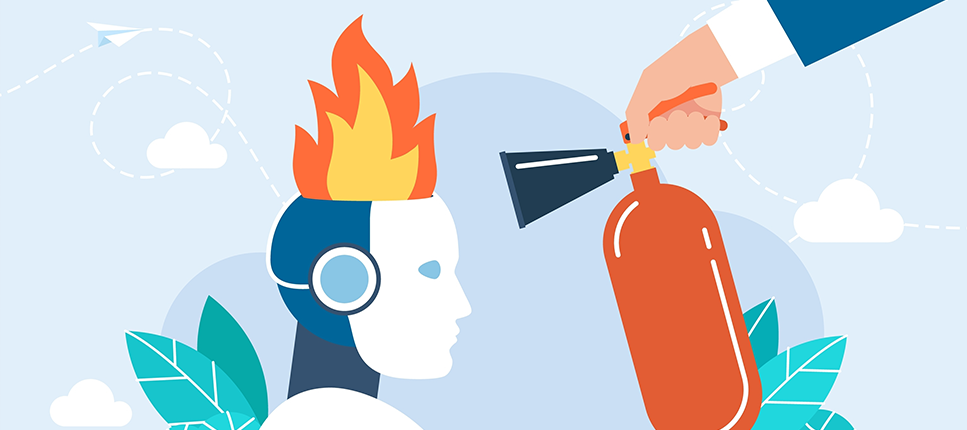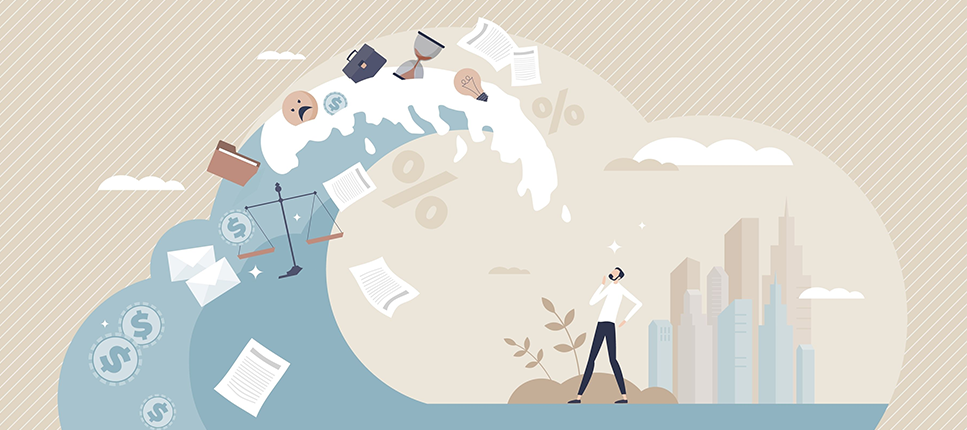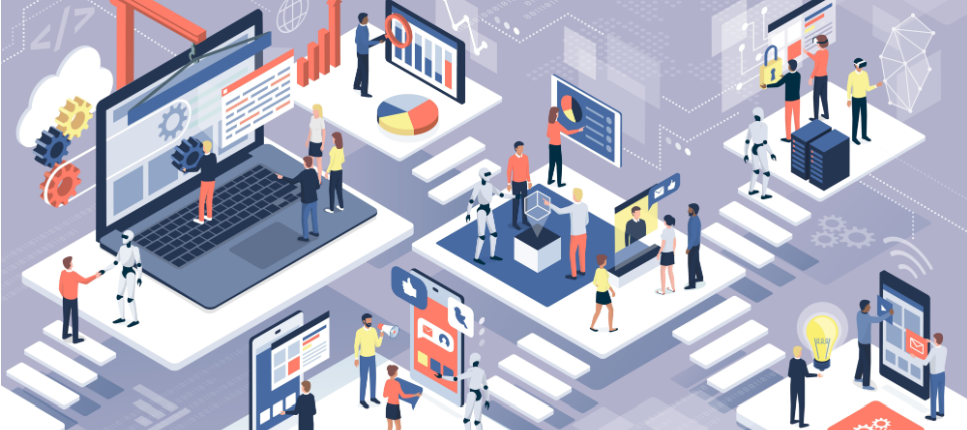Although we often manage to pretend it doesn’t exist, uncertainty is an integral part of our lives. With the collective crisis we are experiencing at the moment, it is even more apparent, and in the education community, this is true for learners and teachers alike. It affects us to varying degrees, depending on our situation, personality and past experiences. The good news is that we can learn to deal with it. Here’s how.
-
Take a break
Taking a break when you feel unsettled is an excellent reflex to develop. As stress expert Sonia Lupien explains in one of her articles, our bodies don’t know the difference between “absolute stress”, which is a real threat to our lives, and “relative stress”. Relative stress occurs when we find ourselves in a situation with one or more of the following characteristics: poor control, unpredictability, novelty and a threat to our ego.
Thus, when faced with relative stress, “you produce a stress response similar to the one you produce when faced with absolute stress, that is, you secrete stress hormones that will subsequently access your brain and change the way you interpret the situation,” says Lupien. To get your thoughts aligned again, you need to take a step back and calm down… a sign that the stress hormones will have decreased.
-
Acknowledge and accept uncertainty
Acknowledging that uncertainty is real and uncomfortable is a first step in accepting the situation, and eventually taking control of it. Writing down how we feel and why we feel this way can help us to face the situation head-on and sort out which of our concerns are most worthy of our attention. For the exercise to be truly effective, it is important not to minimize one’s discomfort, since you obviously cannot solve a problem you don’t know about. Positive thinking at all costs has no place here.
-
Making Choices and Taking Action
Once we recognize and accept that the situation is not ideal, that it destabilizes us for XYZ reasons, we are in a better position to see if certain choices can be made, if certain actions can be taken and, if so, how. At this stage, it is important that our decisions be in line with our values and abilities. Otherwise, uncertainty may take hold of us again, with even more bite, since our confidence in our means will have been affected.
We need to see whether we can benefit from outside help and seek it if necessary. It should be remembered that human beings are particularly distinguished by their capacity to adapt, which some consider being their true intelligence.
With the game plan in hand, all that remains is to take action one step at a time. That’s how we can realize that it is possible to deal with uncertainty, and like almost everything in life, it can be learned.
Uncertainty brings with it very real inconveniences. Nevertheless, it can be a great opportunity to get to know ourselves better, to discover unexpected strengths, to be creative, and to develop new and fruitful relationships!
Author:
Catherine Meilleur
Creative Content Writer @KnowledgeOne. Questioner of questions. Hyperflexible stubborn. Contemplative yogi.
Catherine Meilleur has over 15 years of experience in research and writing. Having worked as a journalist and educational designer, she is interested in everything related to learning: from educational psychology to neuroscience, and the latest innovations that can serve learners, such as virtual and augmented reality. She is also passionate about issues related to the future of education at a time when a real revolution is taking place, propelled by digital technology and artificial intelligence.







Leave A Comment